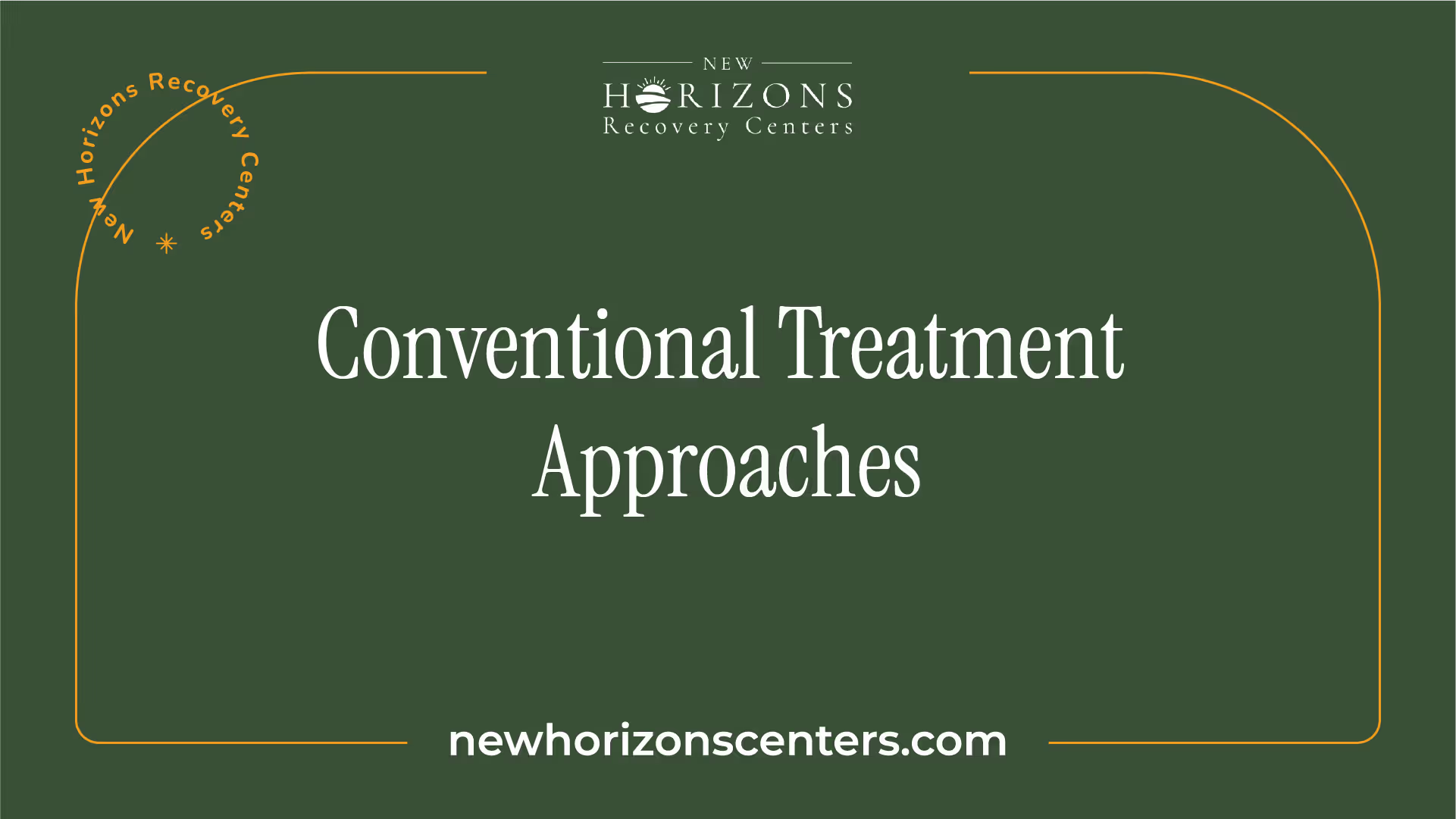Understanding Addiction
To comprehend addiction fully, one must recognize it as a disease that impacts the brain, rather than attributing it to a personal failing or choice, as explained by Healthline. Research indicates that addictions, whether to substances or behaviors like gambling or shopping, function similarly, leading to patterns of compulsive behavior.

Addiction as a Disease
Addiction involves disrupting normal brain function, particularly in the reward system, resulting in cravings and tolerance. Development of addiction often manifests through signs like a loss of interest in other activities, an inability to regulate substance use or behaviors, and tolerance buildup.
Types of Addictions
There are two recognized types of addiction: substance addiction and behavioral addiction. Substance addiction typically involves drugs and alcohol, while behavioral addiction encompasses addictive behaviors such as gambling, shopping, or excessive internet usage. Both types can significantly impact an individual's mental and physical well-being.
By understanding addiction as a disease and recognizing the various forms it can take, individuals can seek appropriate support and treatment tailored to their specific addiction challenges. Exploring alternative therapies, such as psychedelic-assisted therapy, neuroscience advancements in addiction treatment, and the impact of technology like virtual reality on addiction care, allows for a holistic approach to addiction recovery.
Conventional Treatment Approaches
In the realm of addressing addiction, conventional treatment approaches play a pivotal role in supporting individuals on their path to recovery. Two common practices in addiction treatment are medically supervised detoxification and therapy and support groups.

Medically Supervised Detoxification
Medically supervised detoxification, as outlined by Healthline, is a foundational step in addiction treatment. This process involves the safe withdrawal of substances under the supervision of medical professionals to manage physical and psychological withdrawal symptoms. It is essential in addressing the immediate health risks associated with substance withdrawal and preparing individuals for ongoing treatment.
During detoxification, clinicians may utilize medications to ease withdrawal symptoms and ensure the safety and comfort of the individual. This phase sets the stage for subsequent therapeutic interventions by stabilizing the individual's physical condition.
Therapy and Support Groups
Therapy and support groups, such as Alcoholics Anonymous, are integral components of addiction recovery programs. These interventions focus on addressing the psychological and emotional aspects of addiction and providing individuals with a supportive community to aid in their journey towards sobriety.
Psychotherapy, as highlighted by PubMed Central, plays a crucial role in addiction treatment by helping individuals explore and understand the underlying factors driving their addictive behavior. Therapy sessions provide a safe space for individuals to work through past traumas, develop coping strategies, and build resilience against triggers that may lead to relapse.
Support groups offer individuals the opportunity to connect with peers who are facing similar challenges. These group settings foster a sense of camaraderie, accountability, and encouragement among participants. By sharing experiences and strategies for coping with cravings and setbacks, individuals in therapy and support groups can gain valuable insights and support each other in their recovery journey.
Conventional treatment approaches like medically supervised detoxification and therapy and support groups form the foundation of addiction recovery programs. These evidence-based practices are essential in providing individuals with the tools, support, and resources needed to overcome addiction and lead a fulfilling, substance-free life. For more information on alternative therapies for addiction recovery, explore our article on exploring the potential of psychedelic-assisted therapy.

Exploring Alternative Therapies for Addiction Recovery
In the realm of addiction recovery, exploring alternative therapies plays a significant role in complementing traditional treatment approaches, offering individuals a holistic approach to healing. Focus is now shifting towards holistic therapies that encompass a mind-body-spirit connection, emphasizing self-awareness, empowerment, emotional healing, and overall well-being. To delve deeper into the realm of alternative therapies, let's take an overview of holistic therapies and their associated benefits.
Holistic Therapies Overview
Holistic therapies encompass a diverse range of approaches that aim to address addiction on multiple levels, incorporating physical, emotional, and spiritual dimensions. These therapies view individuals as whole beings, interconnected in mind, body, and spirit. By integrating various techniques and practices, holistic therapies promote self-discovery, inner peace, and overall wellness.
One of the key characteristics of holistic therapies is their emphasis on empowering individuals to take an active role in their recovery journey. Rather than merely treating the symptoms of addiction, holistic therapies strive to address the underlying causes, contributing to long-lasting transformation and sustainable sobriety. Through personalized and integrative treatment plans, individuals can explore alternative paths to healing and regain control over their lives.
Benefits of Holistic Therapies
Holistic therapies offer a multitude of benefits for individuals undergoing addiction recovery, enhancing their overall well-being and quality of life. Some of the notable benefits include:
By incorporating holistic therapies into addiction recovery programs, individuals can experience a comprehensive approach to healing that addresses their physical, emotional, and spiritual needs. These therapies not only support individuals in overcoming addiction but also empower them to cultivate a fulfilling and balanced life beyond recovery.
Specific Holistic Therapies
In the realm of addiction recovery, specific holistic therapies have shown promising results in supporting individuals on their path to sobriety. Two notable holistic therapies that have gained recognition for their benefits in addiction recovery are acupuncture and meditation.
Acupuncture in Recovery
Acupuncture, a traditional Chinese medicine practice, has emerged as a valuable holistic therapy in addiction treatment centers. This therapy involves the insertion of thin needles into specific points on the body to stimulate relaxation, enhance circulation, relieve pain, and promote balance in the body's energy flow. Acupuncture addresses both physical and emotional imbalances, providing individuals with a holistic approach to support their recovery journey [1].
In addiction recovery, acupuncture has been found to help reduce cravings, alleviate withdrawal symptoms, and improve overall well-being. By targeting energy imbalances and promoting relaxation, acupuncture can aid individuals in managing stress and anxiety, which are common triggers for addictive behaviors.
Benefits of Meditation
Meditation is another holistic therapy that has garnered attention for its positive impact on addiction recovery. Research has indicated that mindfulness meditation, in particular, has shown significant benefits in supporting individuals with substance use disorders. Mindfulness meditation practices help individuals cultivate awareness of their thoughts, emotions, and bodily sensations, allowing them to observe cravings without acting on them.
Mindfulness meditation is commonly incorporated into addiction treatment programs to help individuals develop coping strategies, increase self-awareness, and build resilience against relapse triggers. This practice encourages individuals to stay present in the moment, fostering a sense of calm and clarity amidst the challenges of recovery.
Studies have shown that mindfulness meditation, along with other holistic therapies like acupuncture, has gained prominence in the field of addiction treatment. The growing recognition of these therapies underscores the importance of integrating holistic approaches into conventional addiction treatment protocols.
By exploring the potential of holistic therapies like acupuncture and meditation, individuals in addiction recovery can tap into alternative strategies that address the physical, emotional, and spiritual aspects of their healing journey. These holistic practices provide individuals with valuable tools to promote self-care, resilience, and sustainable recovery outcomes.
Yoga and Animal-Assisted Therapy
In the realm of alternative therapies for addiction recovery, both yoga and animal-assisted therapy have gained recognition for their unique roles in supporting individuals on the path to sobriety.
Role of Yoga in Recovery
Yoga, with its focus on physical postures, controlled breathing, and meditation, serves as a holistic approach to healing the mind, body, and spirit in addiction recovery. By practicing yoga, individuals can enhance their bodily awareness, release pent-up emotions, increase energy levels, detoxify the body, reduce cravings for substances, and promote overall well-being and balance.
Particularly, gentler forms of yoga like Hatha yoga have been identified to assist in reducing stress and tension, common risk factors for relapse in substance use disorders. While there is preliminary research showcasing the potential benefits of yoga for substance use disorders, more studies are necessary to validate its efficacy.
Benefits of Animal-Assisted Therapy
Animal-assisted therapy involves interactions with animals to improve emotional well-being and alleviate stress. In addiction recovery, the presence of animals has shown to provide comfort, reduce anxiety, and offer non-judgmental support to individuals going through challenging times.
Research has indicated that mindfulness meditation, cognitive-behavior therapy, and acupuncture are prevalent complementary approaches in substance use disorder treatments. These therapies have demonstrated significant impact in recent years, highlighting their role in enhancing conventional treatment methods.
Both yoga and animal-assisted therapy offer unique avenues for individuals in addiction recovery to explore and incorporate into their treatment plans. The combination of physical activity, mindfulness, and companionship from animals can contribute to a comprehensive approach to healing and recovery from addiction.
Cultural Impact on Addiction
Exploring the cultural aspects of addiction can provide insights into how different communities perceive and address substance abuse issues. In this section, we will delve into the Hispanic/Latino perspectives, as well as African American and Asian American insights on addiction recovery.
Hispanic/Latino Perspectives
Research indicates that acculturation significantly affects Hispanics/Latinos' substance abuse patterns. Increased acculturation is linked to higher rates of alcohol and drug abuse among Hispanics/Latinos [4]. Notably, Hispanic/Latinas demonstrate higher rates of abstinence from alcohol compared to Hispanic/Latino men, reflecting strict cultural norms against female drinking found in Latin America and among many Hispanics/Latinas in the United States [4].
Among Hispanic/Latina women in substance abuse treatment, a considerable proportion reported opiates as their primary substance of abuse, followed by cocaine/crack, marijuana, and methamphetamine, with variations based on Hispanic origin.
For a comprehensive look at how culture shapes addiction recovery within the Hispanic/Latino community, it is crucial to consider these diverse perspectives when designing tailored treatment programs and interventions.
African American and Asian American Insights
In recent years, African American substance abuse treatment admissions have seen a decline, with alcohol being a significant issue, particularly among African American women.
On the other hand, while Asian and Pacific Americans represent a small percentage of substance abuse treatment admissions and report low rates of alcohol dependence, cultural factors may play a role in these trends.
Understanding the specific cultural norms, beliefs, and practices of African American and Asian American communities is essential for providing effective addiction recovery support. By recognizing and respecting the cultural diversity within these populations, tailored strategies can be developed to address substance abuse issues and promote holistic healing.
Analyzing the cultural impact on addiction among Hispanic/Latino, African American, and Asian American communities enhances our understanding of the unique challenges and opportunities in addiction recovery. Embracing diversity and cultural sensitivity in treatment approaches can foster more inclusive and effective outcomes for individuals seeking support for substance use disorders.
References
[2]:
[3]:
[4]:





-ink.jpeg)
-ink.jpeg)
